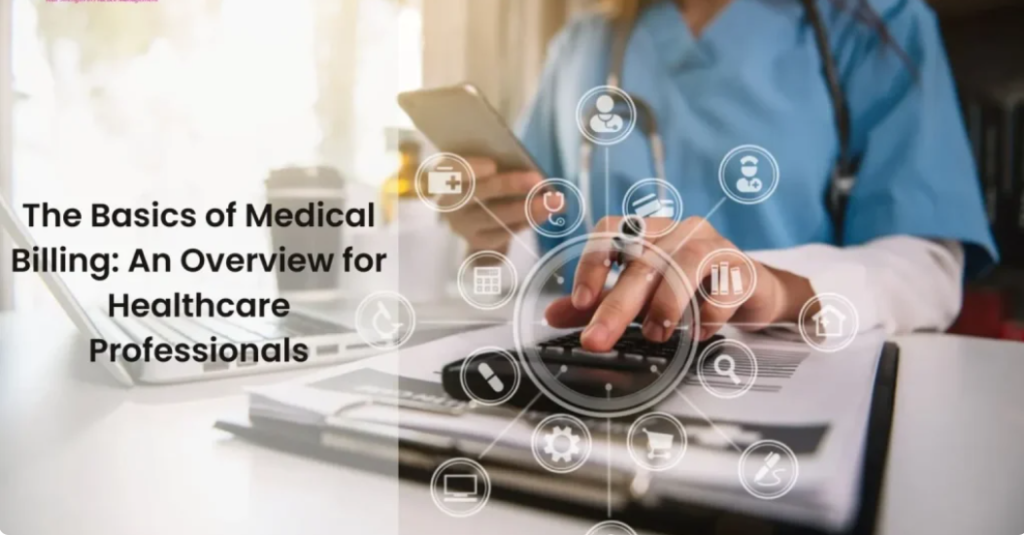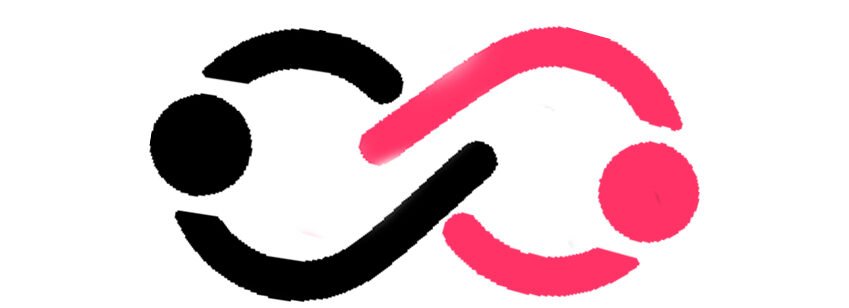In the complex realm of healthcare administration, medical billing is indispensable. It involves submitting and tracking claims with health insurance providers to secure payment for services rendered. For healthcare professionals, mastering medical billing ensures accurate reimbursements and smooth revenue management. This article provides an overview of the medical billing process, essential tasks, potential risks, best practices, upcoming trends, and the skill set required for success in medical billing and coding.Discover how Rhino Bell – billing software for healthcare – streamlines medical billing with essential tasks, trends, and tips for optimized revenue management.

Understanding the Medical Billing Process
The medical billing process begins when a patient receives medical services and concludes once payment is obtained from the insurer. Below is a step-by-step breakdown of this crucial process:
1. Patient Registration
The billing process starts with patient registration, gathering demographic and insurance details.
2. Verification of Insurance
Next, verifying the patient’s insurance coverage and benefits helps determine reimbursement eligibility and avoid costly errors.
3. Patient Encounter
During the patient encounter, the healthcare provider evaluates the patient, diagnoses their condition, and performs necessary treatments.
4. Documentation and Coding
Accurate documentation of the patient’s visit is essential. Medical coders then assign standardized codes (such as ICD-10 for diagnoses and CPT for procedures) to convert services into billable codes.
5. Claim Submission
The coded data is submitted as a claim to the insurer, either electronically or on paper, along with supporting documents.
6. Claim Adjudication
The insurance company reviews the claim for accuracy and compliance, assessing payment eligibility based on the patient’s coverage and services received.
7. Payment and Remittance
Upon claim approval, the insurer issues payment. Remittance advice details payment specifics and adjustments.
8. Follow-up and Denial Management
In case of denials, healthcare professionals follow up with the insurer to provide additional information or clarifications, ensuring maximum reimbursement.Visit us here clubneet.
Key Tasks in Medical Billing
Proficiency in medical billing involves mastering a range of essential tasks:
- Patient Eligibility Verification: Confirming insurance details helps set expectations for reimbursement.
- Medical Coding: Accurately coding diagnoses, procedures, and services is critical to avoid rejections.
- Claims Submission: Timely and accurate submissions improve the chances of prompt payments.
- Payment Posting and Reconciliation: Correctly posting payments to patient accounts ensures precise financial records.
- Denial Management and Appeals: Addressing denials promptly helps secure reimbursement and resolve outstanding claims.
Ideal Timeframes for Medical Billing Tasks
While the timeframe for each step varies, completing tasks on time is essential for effective revenue management. Typically:
- Eligibility Verification: Should occur before the patient encounter.
- Coding: Ideally completed within 24-48 hours post-encounter.
- Claims Submission: Should be done within days of coding.
- Denial Follow-up: Promptly initiated upon receiving a denial.
Risks and Challenges in Medical Billing
Medical billing, while crucial for revenue, has inherent risks that may lead to denied claims or financial setbacks:
- Coding Errors: Incorrect coding can result in claim denials or reduced payments.
- Compliance Issues: Non-compliance with HIPAA and other regulations can result in penalties.
- Insufficient Documentation: Incomplete documentation can lead to delays or rejections.
- Billing Fraud and Abuse: Any misrepresentation for personal gain has severe legal consequences.
Best Practices for Effective Medical Billing
To optimize billing and minimize errors, healthcare providers should adhere to these best practices:
- Continuous Training: Regular updates on coding standards help maintain accuracy.
- Detailed Documentation: Comprehensive records of diagnoses, treatments, and procedures strengthen coding accuracy.
- Regular Audits: Periodic reviews help identify and rectify errors.
- Clear Communication: Open communication between providers, coders, and billing staff ensures accurate billing.
Emerging Trends in Medical Billing
Medical billing is evolving with technology and healthcare changes. Some key trends include:
- EHR Integration: Merging electronic health records with billing software reduces errors and boosts efficiency.
- AI and Automation: AI tools automate tasks such as coding and claims submission, enhancing accuracy.
- Telehealth Billing: Billing systems are adapting to the growing demand for remote consultations.
- Value-Based Reimbursement: Shifts to value-based care reward quality, requiring updates in billing practices.

Essential Skills in Medical Billing and Coding
Successful medical billing requires specialized skills to navigate and manage complex procedures:
- Proficiency in Coding Systems: Understanding ICD-10 and CPT codes is essential.
- Attention to Detail: Accuracy in documentation and coding prevents costly errors.
- Analytical Skills: Translating complex medical records into billable codes requires a keen analytical mind.
- Communication Skills: Effectively communicating with insurers and healthcare providers is crucial for accurate claims.
- Tech Savvy: Familiarity with electronic billing software and EHR systems supports efficient workflows.
Conclusion
Medical billing is fundamental to effective healthcare administration, ensuring timely reimbursement and supporting financial health for practices. By understanding the process, managing tasks accurately, minimizing risks, staying updated with trends, and honing essential skills, healthcare professionals can ensure efficient revenue management and contribute to quality patient care. Rhino Bell offers comprehensive medical billing solutions, designed for all practice sizes, with rates as low as 2.99%. For more information, contact Rhino Bell at info@rhinomds.com or call 817-440-7950.


